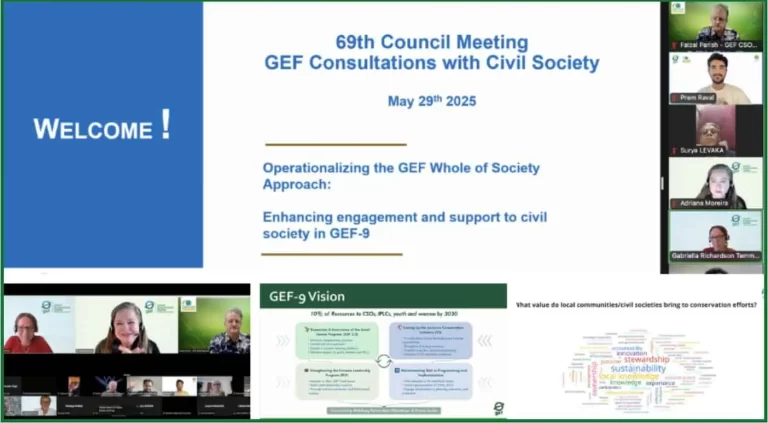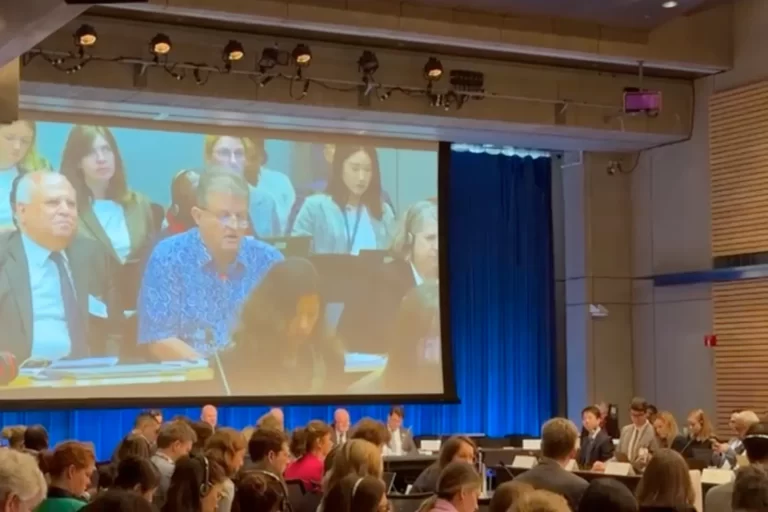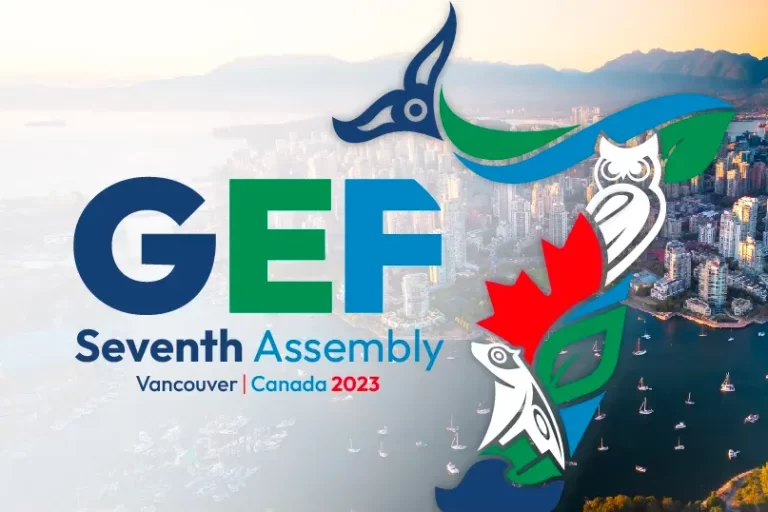As world leaders gather in Baku for COP29, the spotlight is on how to finance the global transition to net-zero emissions and a climate-resilient future. Discussions focus on replacing the Paris Agreement’s $100 billion annual finance goal with a more ambitious framework, ensuring equitable and predictable funding for developing nations. This support is critical to addressing the mounting impacts of climate change, advancing climate adaptation, and enabling a just transition through enhanced Nationally Determined Contributions (NDCs).
The Multilateral Climate Funds – the Adaptation Fund (AF), Climate Investment Funds (CIF), Global Environment Facility (GEF), and Green Climate Fund (GCF) – are essential players in this effort. Together, they have mobilized $50 billion for climate action, leveraging an additional $250 billion from public and private partners. Their targeted support helps countries protect communities, cut emissions, and strengthen climate resilience. Despite this progress, these funds have historically accounted for less than three percent of international climate finance for developing nations, a gap that must be closed to meet global goals.
To enhance impact, the funds are aligning their efforts to simplify access, streamline processes, and improve coordination. This includes harmonizing results frameworks, aligning accreditation requirements, and expanding locally led programming. By prioritizing the needs of vulnerable countries such as Least Developed Countries (LDCs) and Small Island Developing States (SIDS), they aim to deliver climate finance more effectively and at greater scale. Crucially, this collaborative approach ensures that funding addresses country-specific priorities while avoiding duplication.
Long-term partnerships with national governments enable these funds to go beyond traditional political cycles, providing consistent support that fosters innovation and de-risks investments. They have helped incubate green financial solutions and catalyze private sector engagement, creating the foundation for thriving clean energy economies and inclusive, climate-resilient societies.
At COP29, the Multilateral Climate Funds are demonstrating their readiness to scale up and meet the demands of the next decade. By working together, they aim to channel a larger share of global climate finance to where it is most needed, ensuring that no country is left behind in the transition to a sustainable future.
While negotiations in Baku highlight differences on how to finance climate action, there is broad consensus on the need to enable developing country leadership and accelerate access to funding. The Multilateral Climate Funds offer a proven mechanism to do just that, leveraging their collective strengths to tackle the unprecedented challenges ahead. With the right support, they can drive the global ambition needed to deliver on the promise of a just and inclusive climate transition.
Featured image credits: The GEF






